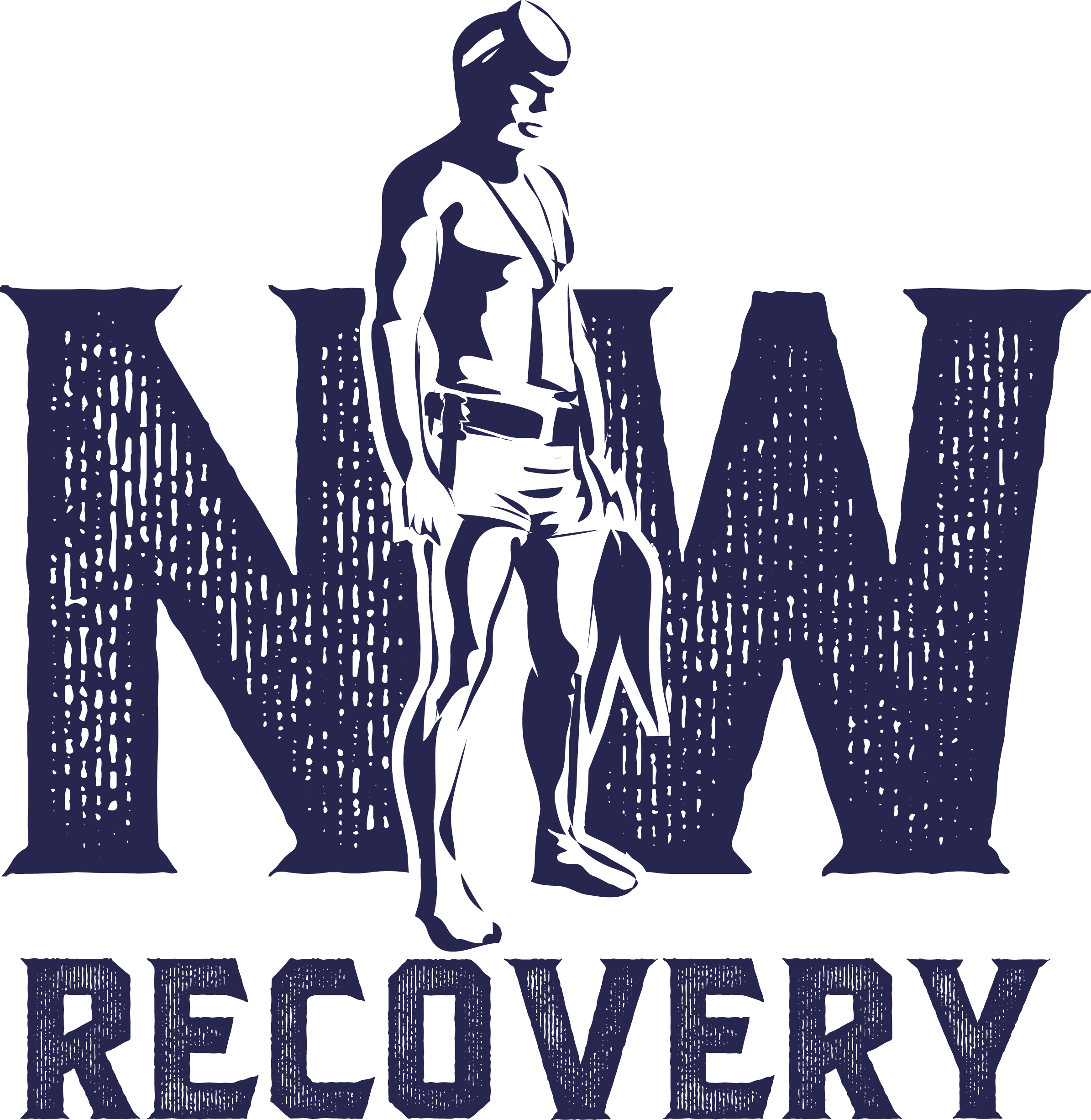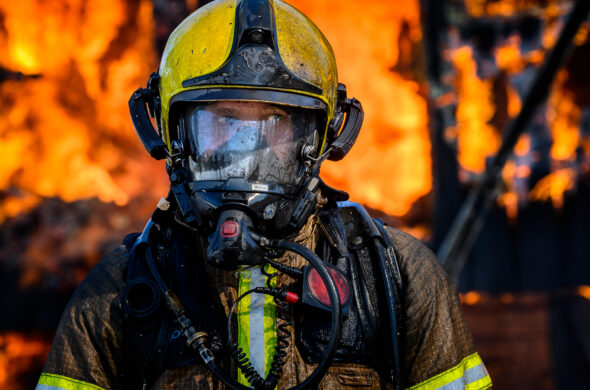Stress Management for High-Intensity Professions
Stress is an inevitable part of life, but for those in high-intensity professions, it can be particularly overwhelming. Whether you’re a first responder, healthcare professional, executive, or anyone with demanding responsibilities, managing stress effectively is crucial to maintaining physical, mental, and emotional health. Prolonged exposure to stress not only affects your performance but can also take a toll on your body, mind, and spirit.
When we are constantly under stress, the body’s natural responses—such as increased heart rate, elevated cortisol levels, and tension—can lead to long-term damage if not properly managed. While stress may not always be avoidable, incorporating healthy coping mechanisms into your routine can significantly reduce its impact.
The Physical Effects of Stress
Physically, stress can manifest in a variety of ways, including headaches, muscle tension, fatigue, and even digestive problems. Over time, chronic stress may weaken the immune system and contribute to more serious health issues, such as cardiovascular disease. Physical activity is one of the best ways to combat the physical effects of stress, as exercise helps release endorphins, which naturally improve mood and energy levels.
However, recovery after high-intensity days is just as important as staying active. Incorporating products like Naked Warrior Recovery into your post-work routine can support physical recovery from stress by promoting relaxation and helping your body unwind after intense periods of activity or work.
The Mental and Emotional Toll of Stress
The mental toll of stress can be equally damaging. Stress impairs cognitive function, making it harder to focus, solve problems, and make decisions. In high-intensity professions, where quick thinking and sharp judgment are essential, mental clarity is non-negotiable. Chronic stress can cloud this clarity, leading to mistakes, increased anxiety, and a feeling of being overwhelmed.
Emotionally, stress can cause irritability, mood swings, and even burnout. When the brain is under stress for prolonged periods, it struggles to process emotions properly, leading to an increased sense of frustration and emotional fatigue.
By incorporating Naked Warrior Recovery products into your daily routine, you can create a calming environment that supports mental and emotional recovery from stress. Whether it’s part of your nighttime routine or a midday practice, these products help reduce the feeling of being on high alert and assist in calming the mind so you can think clearly and recover emotionally.
The Spiritual Impact of Stress
Stress doesn’t just affect the body and mind—it can also weigh heavily on the spirit. Feeling constantly pressured or overwhelmed can disconnect you from your sense of purpose and make it harder to find joy or fulfillment in your work and personal life. High-intensity professions often carry a significant emotional burden, leaving you feeling drained, disengaged, or out of balance.
Engaging in mindfulness, meditation, or spending time in nature can help replenish your spiritual energy and provide a sense of grounding in the midst of chaos. Along with these practices, Naked Warrior Recovery products can aid in nurturing your spirit by helping you create moments of peace and relaxation, allowing you to reconnect with yourself and find balance in your busy life.
Practical Stress Management Strategies
While stress may be a natural part of high-intensity professions, managing it effectively is key to preserving your health and well-being. Here are a few practical strategies to help you reduce stress and its damaging effects:
- Incorporate Breathing Exercises: Breathing techniques, like deep diaphragmatic breathing, can help reduce immediate feelings of stress by calming the nervous system. Practicing controlled breathing during stressful moments can lower your heart rate and promote relaxation.
- Stay Physically Active: Regular physical activity is one of the best ways to manage stress. Exercise not only helps alleviate tension but also boosts endorphins that improve your mood. Even a short walk can help clear your mind and reduce stress. Following up physical activity with Naked Warrior Recovery products can aid your body in unwinding after intense periods of physical or mental strain.
- Establish a Calming Routine: Creating a pre-sleep routine or post-work relaxation ritual can help you wind down from the day. This can include stretching, reading, journaling, or using wellness products like Naked Warrior Recovery to support a calming environment and aid your recovery process.
- Build a Support Network: Connecting with friends, family, or colleagues can help alleviate feelings of isolation and provide a sense of support. Talking through challenges with others can help reduce the emotional burden of stress.
- Mindfulness and Meditation: Engaging in mindfulness practices or meditation can significantly reduce stress by centering your thoughts and calming your mind. These practices allow you to step back, process your emotions, and reconnect with your sense of purpose.
Reducing Stress for Long-Term Health and Well-Being
Managing stress effectively isn’t just about improving performance at work—it’s about protecting your long-term health. High-intensity professions often demand quick thinking, physical endurance, and emotional resilience, but stress can erode these abilities over time. By prioritizing recovery and incorporating tools such as Naked Warrior Recovery products, you can support your body, mind, and spirit in reducing the damage caused by stress.
Whether it’s through exercise, relaxation techniques, or simply taking a few moments each day to center yourself, managing stress is essential for staying healthy, focused, and emotionally balanced. Stress may be unavoidable, but its impact can be mitigated with the right approach to recovery and well-being.






